Marina Rahola: "The know-how learnt by the youths involved in and promoting an international project is unstoppable”
We chat to the advisor for Associative Funding and International Activities from the Resource Centre for Youth Associations of Barcelona (CRAJ), to shed some light on the complex world of European projects and the internationalization of youth associations.
Why is there a need for youth associations to become more international? How can they benefit from this?
The purpose of a youth association is to become a space for participation and to engage with the community. Occasionally, its work may be international in the sense that it may involve dealing with organisations from different countries around Europe. They may have to share ideas and objectives to carry out a series of activities undertaken jointly in a country. The know-how learnt by the youths involved in and promoting the project is unstoppable.
International activities encompass a set of new tools and skills that come from the opportunity for participants and leaders to exchange their experiences. This opportunity, in the mid-term, will boost the quality of the projects created and, in the long-term will improve their employability skills and knowledge.
The European Union has played a leading role in defining the skills that young people can acquire by participating in international projects; these skills include: communicating in their mother tongue and in foreign languages; mathematics and basic science and technology skills; digital skills; learning to learn; social and citizenship skills; a sense of initiative and an entrepreneurial spirit; and a greater cultural awareness and expression.
In the current social and economic context, why could it be a good idea to seek European funding?
It’s important to distinguish between funds coming from a country and funds coming from European institutions.
To a large extent, funds from European institutions aim to foster projects and activities that are closely related to the purpose and objectives of the funds from which the subsidy or funding line. Let me explain: when venturing out to search for European funding, most European calls focus on activities for the cultural, audiovisual and creative fields; engaging European citizens in the EU’s democratic life; equality, people’s rights; the fight against discrimination; judicial, civil and criminal cooperation, etc.
Since these are very specific and highly complex subjects, there may be a large number of associations that do not pursue the same purpose and, therefore, would not meet the requirements, which may go against their articles of association. That is why from the CRAJ we insist on exploring the funds provided by the European Commission through Erasmus+.
What exactly is the Erasmus+ programme?
The goal of this programme is to promote youth mobility within Europe, whilst supporting cooperation policies for youth. This includes, among other actions, different activities such as youth exchanges, the European volunteering service etc. All to promote an active European citizenship, tolerance and solidarity.
The programme mainly focuses on young people aged 13 to 30, residing in any EU member state, and on people and organizations working in the field of youth.
With the drafting, submission and implementation of policies framed within the Erasmus+ programme, the aim is for young people to work for the promotion of social inclusion for the young and their wellbeing, especially through tackling youth unemployment, promoting healthy lifestyles in the young, etc.
What difficulties do youth associations encounter when submitting a proposal for a European call?
The main difficulties mentioned by youth associations coming to the CRAJ for assessment is that they are unfamiliar with the global functioning of applications for the Erasmus+ programme and the difficulties they encounter in terms of finding time in their associative life and training.
What is the level of participation of Catalan youth associations in European projects, compared to that of the rest of the continent?
To be honest, the level of participation is low compared to other European countries.
Young Europeans, even if they’re not as actively involved in associations as in Catalonia, know a lot more about the programmes available to them as project promoters. This may be due to the information provided to them in schools and youth information centres in their cities, which in other places are much more effective in doing this and promote these projects more.
Youth associations already design projects within their usual activities and they have little time to work on projects in a network, even more so when there is such complexity involved.
Lastly, is may be the case that young Catalans feel very far from the European institutions and eventually decide to participate in their closest community; in other words, they don’t have much of a culture working at a European level.
What resources does the CRAJ make available to youth associations so they can better prepare to participate at a European level?
At the CRAJ we offer youth associations the possibility of designing their association’s international project framed within the Erasmus+ programme. This means drafting the project, submitting it, implementing it and justifying it, with advice provided by the technical advisor for international activities at CRAJ.
Every week we post information on our site under the section on Mobility opportunities containing different options regarding training, activities and partnerships that are posted on the contact website of the European Commission and the different Catalan organizations organising mobility projects.
Each year we present the Cycle on European Resources, where we introduce the Erasmus+ programme and the group coordination and drafting of European projects step by step.
This year we have launched the new guidebook “Opening borders. Tools to prepare international activities in youth associations” which aims to motivate youth associations to submit proposals for an Erasmus+ call. This tool is full of activities and dynamics that can be a part of a youth exchange project.
Finally, The toolkit on international activities is a new set of materials that is freely available to youth associations in Barcelona.
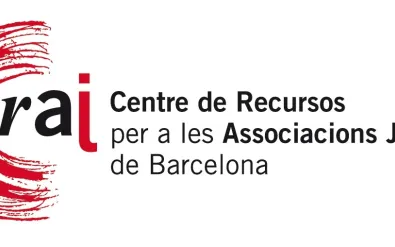
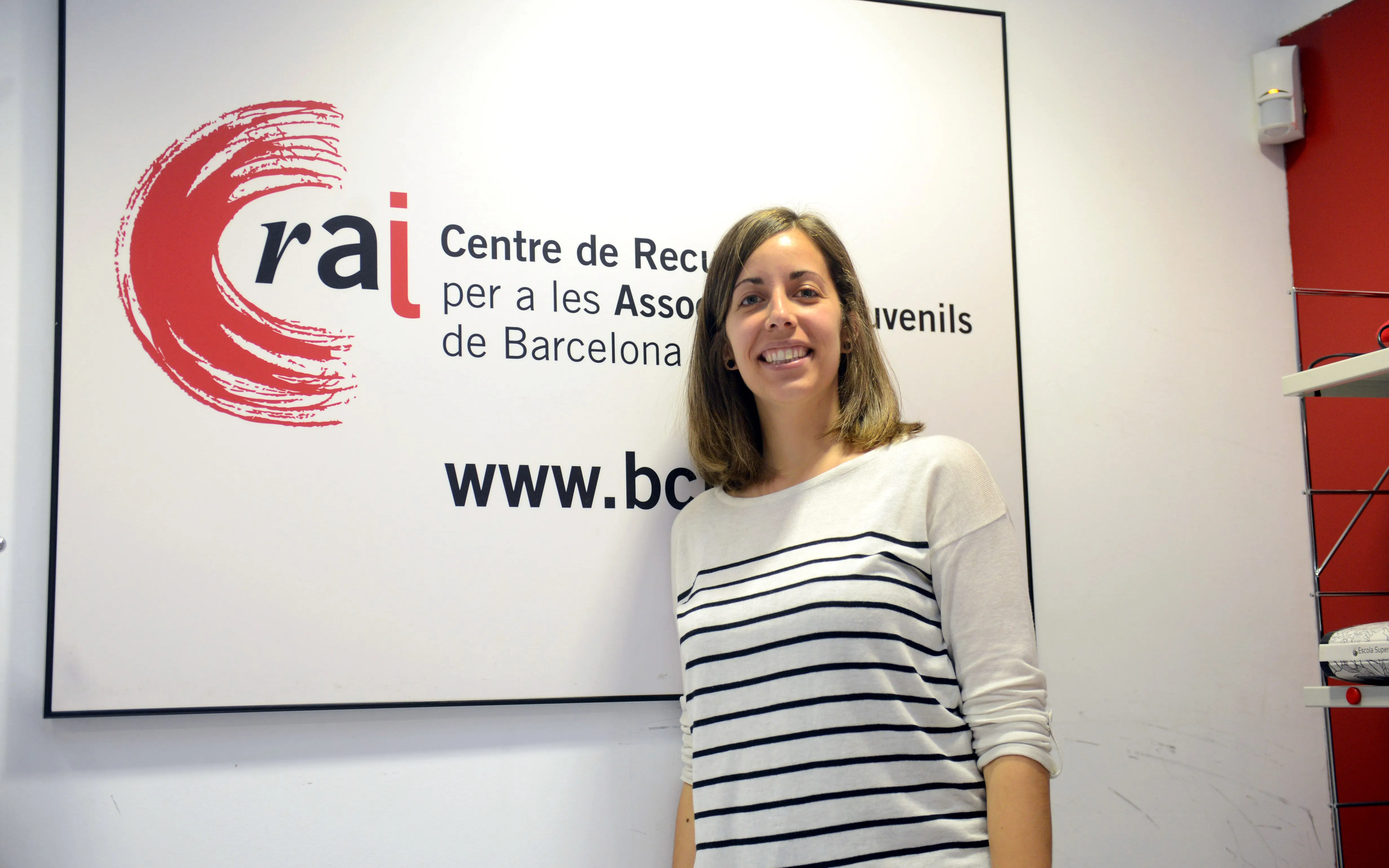
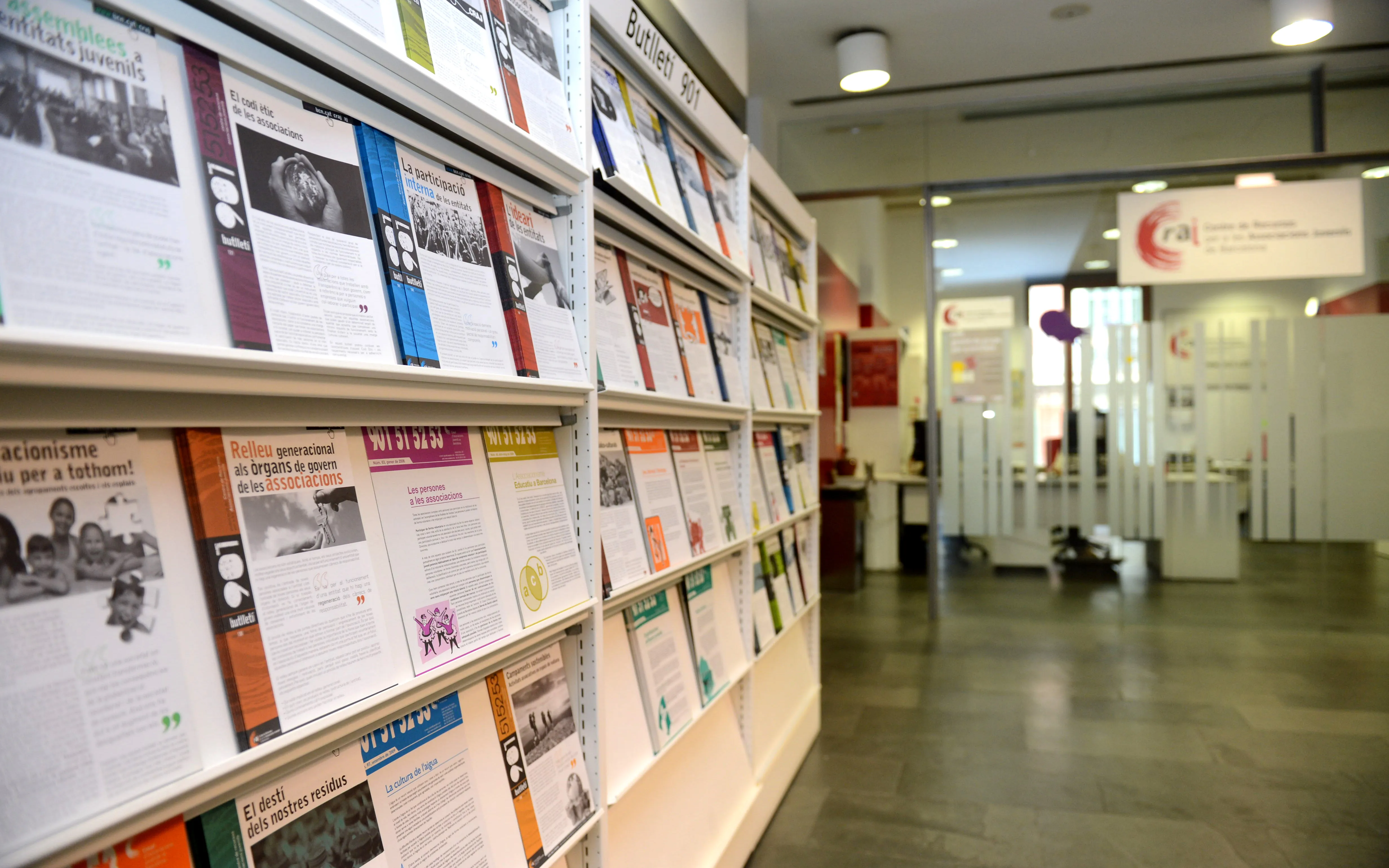
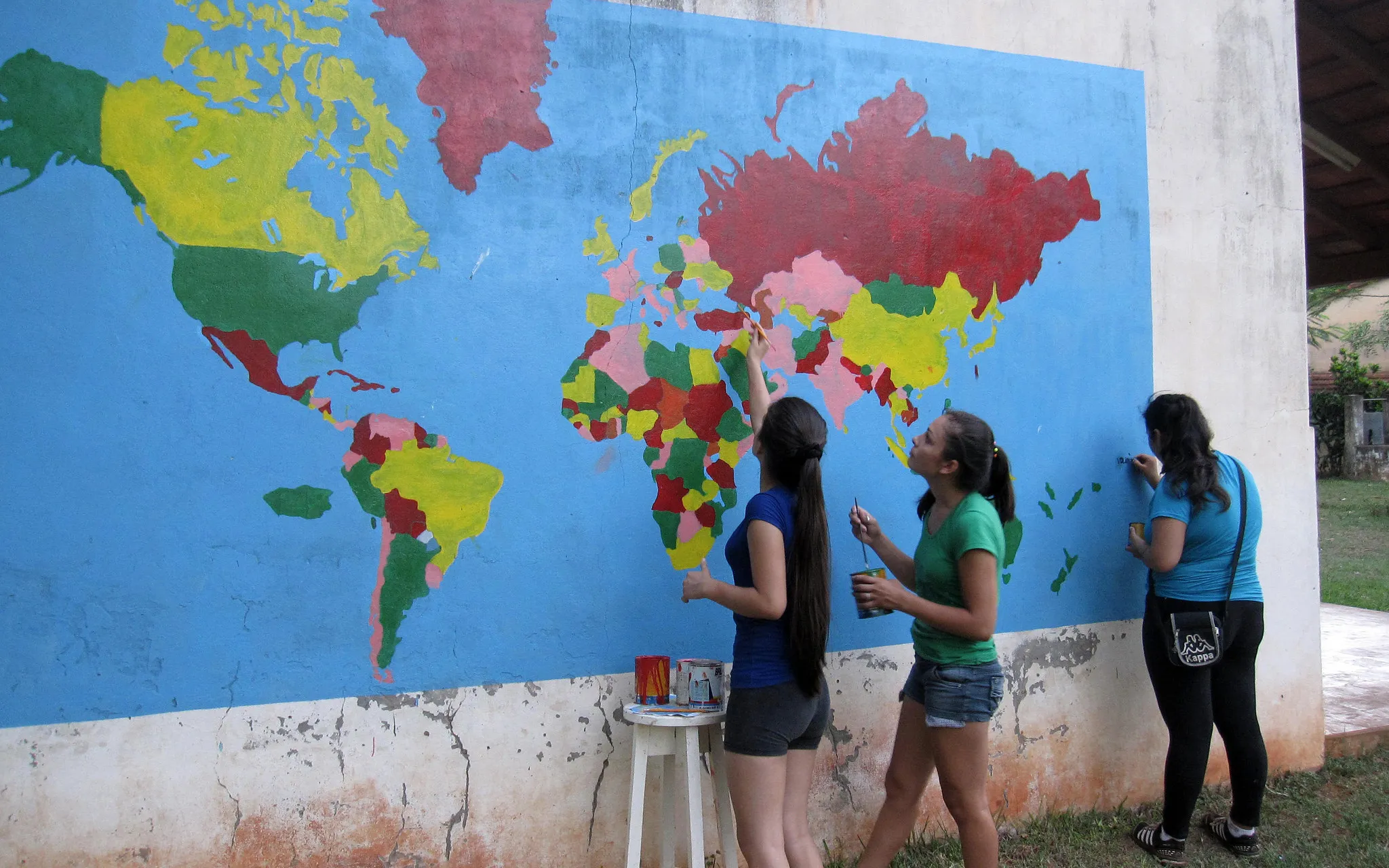




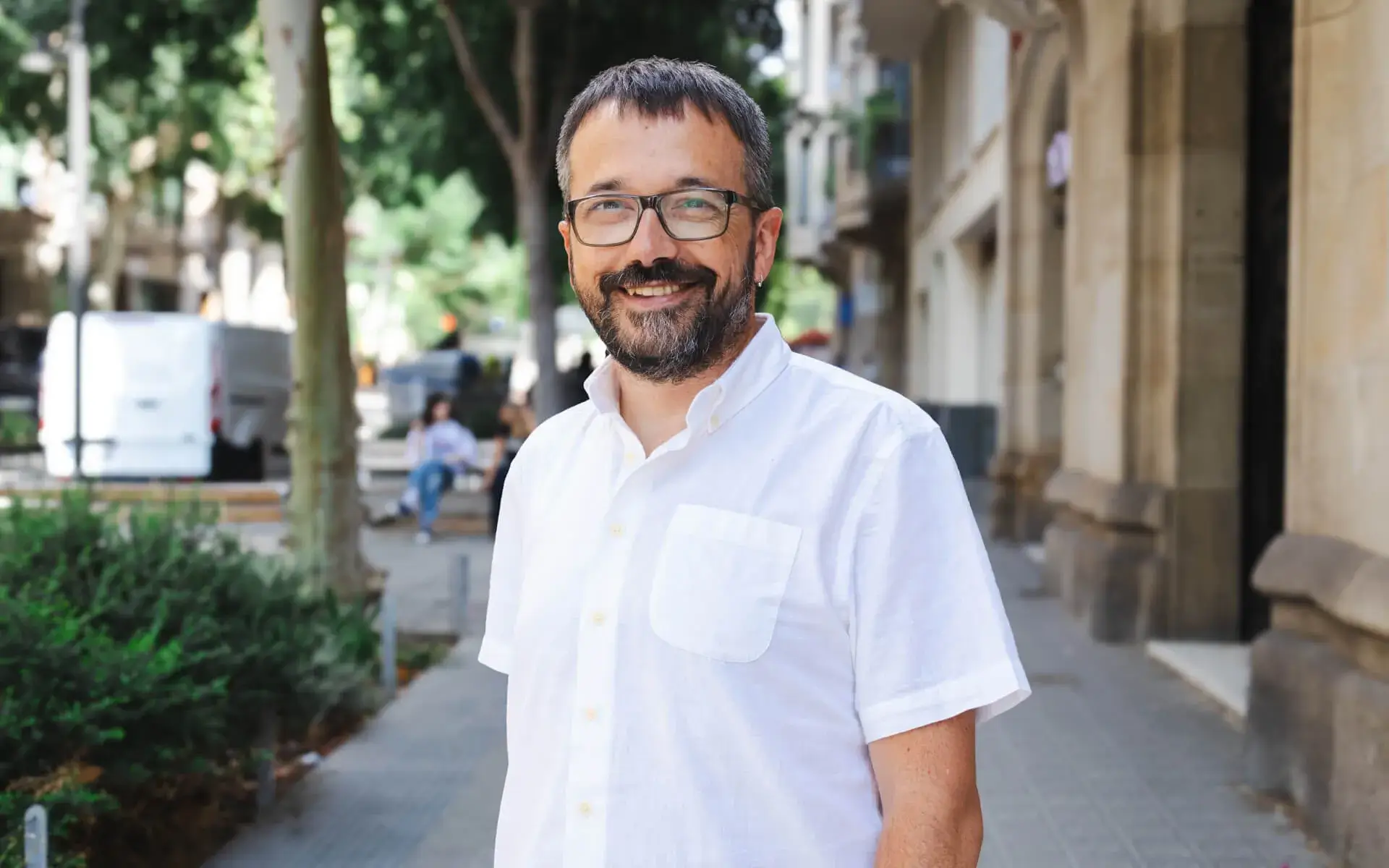

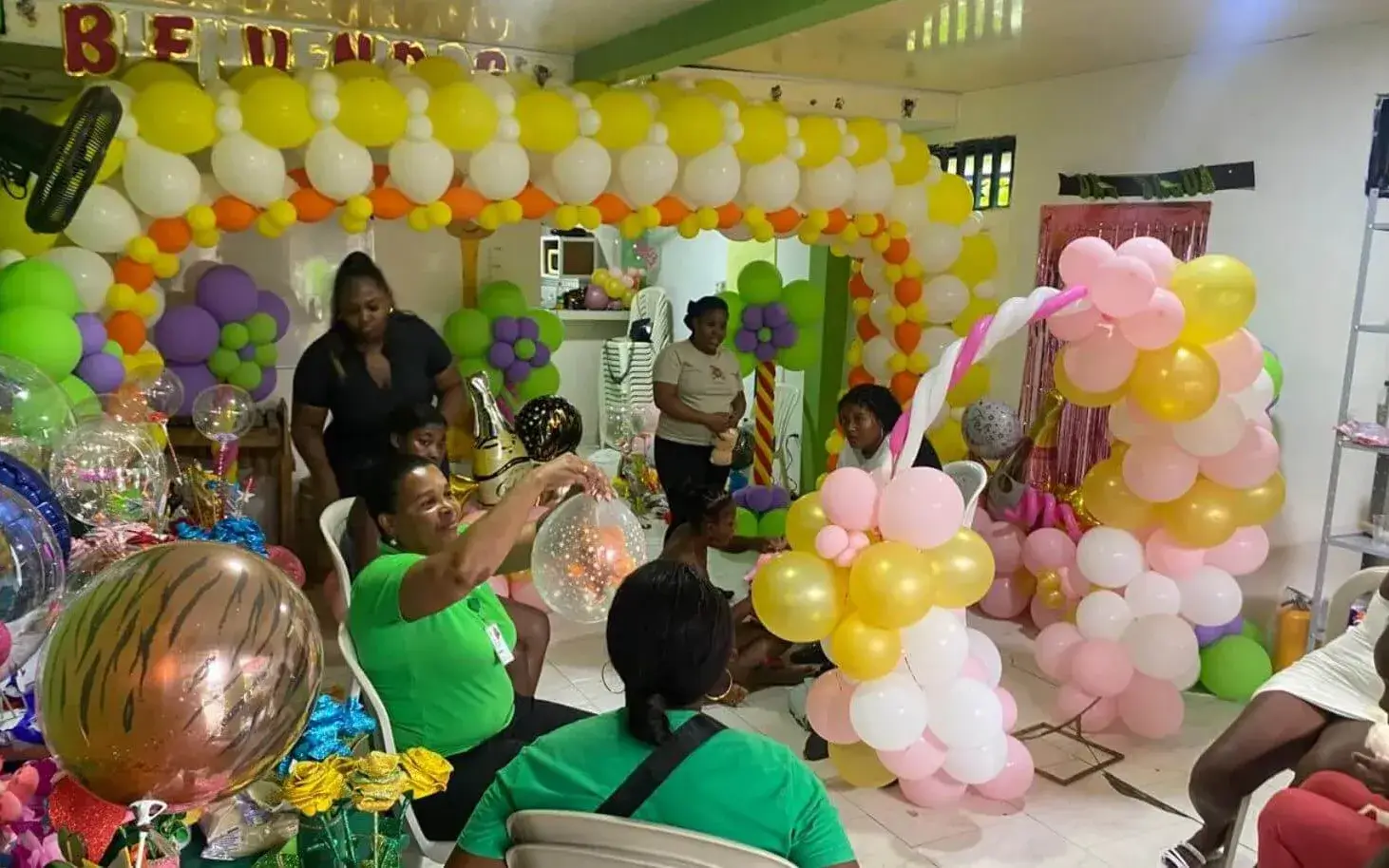
Add new comment